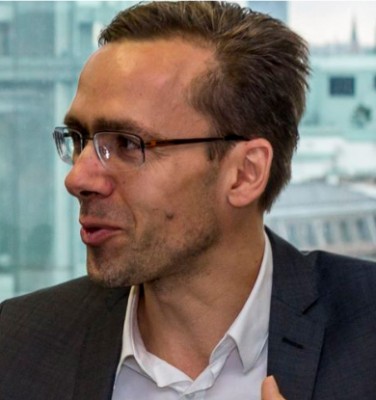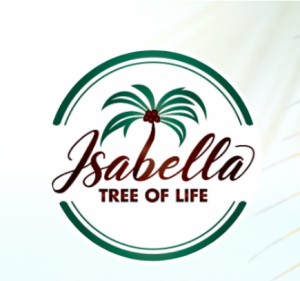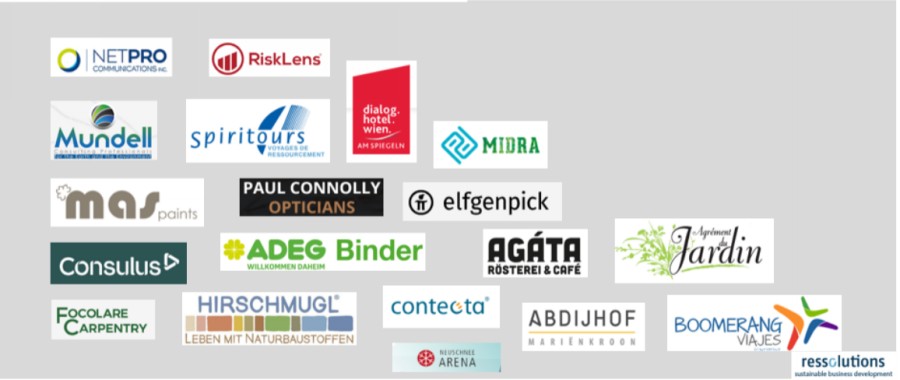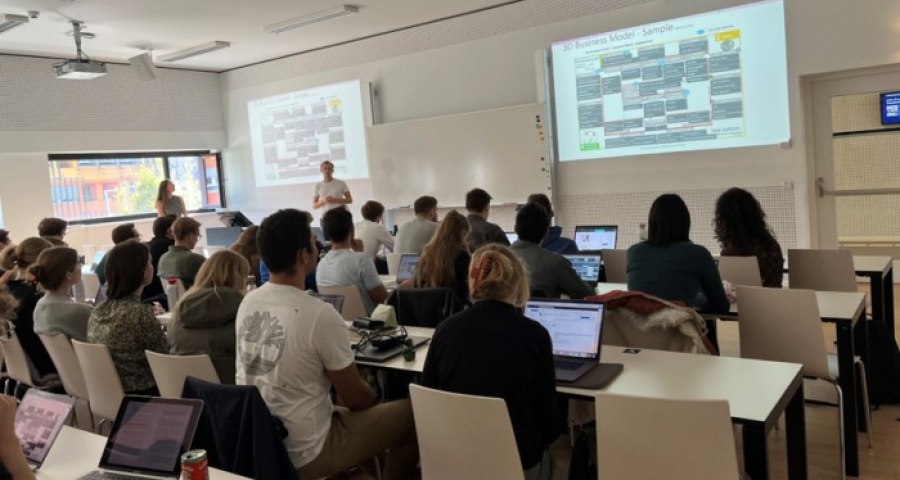Conceived by Markus Ressl, a business consultant who did his PhD research on the EoC, the Consulting Project on Strategic Development in Socio-Ecological Changing Markets with Economy of Communion companies involves the Vienna University of Economics and Management
by Antonella Ferrucci
The title of the project is “Marketing for a Better World – Creative Enterprise” and it is being implemented as part of the Sustainable Tourism and International Marketing courses: the protagonists of the latest edition are some 90 international students studying Management in the international CEMS-Master programme. To date, some twenty EoC companies, spread over four continents, have joined the project. Conceived by Markus Ressl, an EoC entrepreneur in the field of strategic business consultancy, the project focuses on the empowerment of students, the growth of EoC companies and intends to achieve an impact according to the sustainable development goals of the UN Agenda 2030, Laudato Si' and especially the EoC principles. The CEMS-Master is an alliance of leading business schools, world-leading companies and NGOs offering a top-class management master programme.
Prof. Dr. Marius Lüdicke, Head of Institute for International Marketing Management at the Vienna University of Economics and Management is the project facilitator.
Professor, what innovation does the project bring from an academic teaching perspective?
“In the Global Marketing Management course of the elite international CEMS MIM programme, we wanted to implement more content related to ethics and sustainability, in line with the criteria of the Financial Times ranking. Among the lecturers, we realised that we have successful business partnerships with the world's leading companies, but our students need to understand the global business environment in all its variety, including social enterprises. EoC entrepreneurs and coordinators provide our students with a first-hand view of market-conscious management, including companies that operate in complicated environments and with customers in a disadvantaged position.”
Markus Ressl, what does the project consist of in practice?
 “During the kick-off meeting with the students I share my personal experience on how to make a difference in life, in the family, as a manager and especially as an entrepreneur. Then the students receive background information, including the UN AGENDA 2030 and most importantly, the principles behind the Economy of Communion. As a next step, I share my 3D business model method and empower the students to become junior consultants. Finally, they receive contacts from EoC companies for a structured one-hour interview with them.”
“During the kick-off meeting with the students I share my personal experience on how to make a difference in life, in the family, as a manager and especially as an entrepreneur. Then the students receive background information, including the UN AGENDA 2030 and most importantly, the principles behind the Economy of Communion. As a next step, I share my 3D business model method and empower the students to become junior consultants. Finally, they receive contacts from EoC companies for a structured one-hour interview with them.”
What happens after the kick-off session?
“The process of elaborating the business development proposal in the three dimensions of the EoC begins. The objective is to elaborate a multidimensional growth strategy for the company. The company gets attention and receives a valuable consulting proposition. It is all about giving, and about making the world a better place. The company achieves a marketing impact and a community is created around it. In the future, we plan to further increase the benefits for the company. Well-crafted growth and impact projects could be presented on crowdfunding platforms to attract impact investors. This funding service could generate even more impact.”
Over the past few months, Markus had made contact with some 20 EoC companies that were available for a one-hour interview and for students to evaluate their business models with his expert coaching. Through the interview, the students were able to identify the As-Is business model and, with the creativity typical of the younger generation, come up with development scenarios that would help the individual companies maintain success in the market and achieve impact. Melissa Nugas, Filipino entrepreneur of the Isabella-Tree-of-Life company, participated in the project.
Melissa, could you tell us about your participation in the student counselling project?
 “I am sincerely grateful to have been part of this transformational project. Collaborating with students and exchanging information, insights and suggestions, creating a business model rooted in the Economy of Communion was a revelation. The unity and experience lived here inspire confidence that Isabella Tree of Life can expand this vision globally. Let us continue to share the practices of the Economy of Communion. Together, we can empower more young minds and work to build a united world. I feel I should like to thank everyone for this experience.”
“I am sincerely grateful to have been part of this transformational project. Collaborating with students and exchanging information, insights and suggestions, creating a business model rooted in the Economy of Communion was a revelation. The unity and experience lived here inspire confidence that Isabella Tree of Life can expand this vision globally. Let us continue to share the practices of the Economy of Communion. Together, we can empower more young minds and work to build a united world. I feel I should like to thank everyone for this experience.”
As Melissa testified, for the EoC companies involved, receiving an outside view of their current reality and potential was a useful and very stimulating experience and it was beneficial for them to participate in the programme. On the other hand, the students, who had a reciprocal perspective, were able to touch the beauty that EoC life generates in companies. The University showed great interest in the innovation that the EoC brings to the market. In this regard, Professor Michal Lemanski, the course leader, adds: “We hope to extend and expand our collaboration to develop the next generation of marketing managers in the spirit of the economy of sharing and the economy of giving.”
Markus Ressl concludes, “The project does not end here: companies oriented towards EoC values, ready to give a one-hour interview, spread the EoC idea and receive a wonderful consulting proposal can contact me via my website www.ressolutions.at ».









